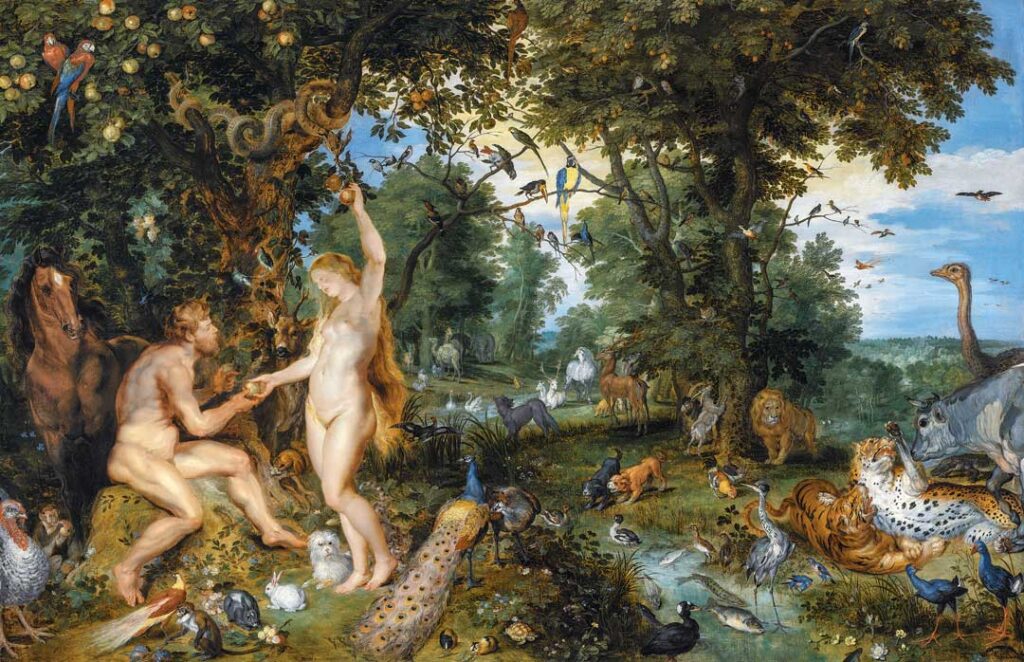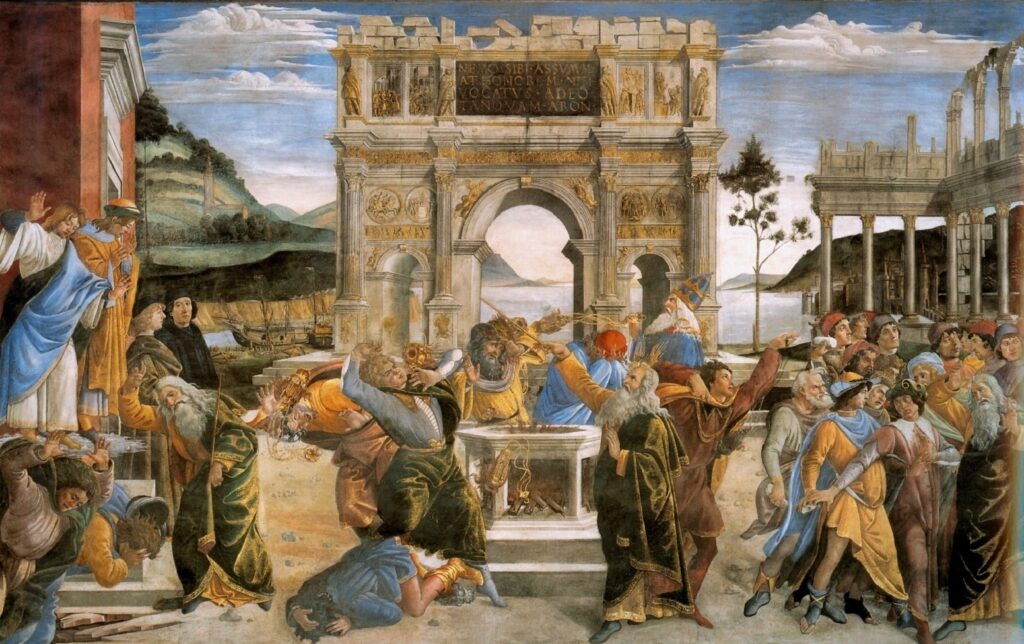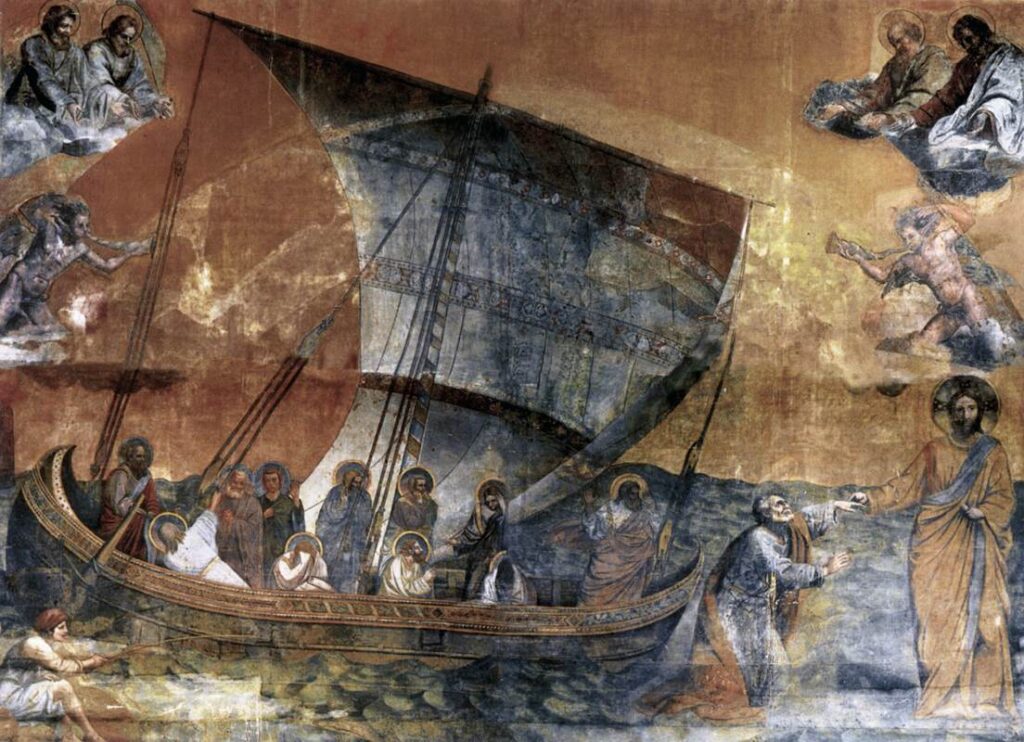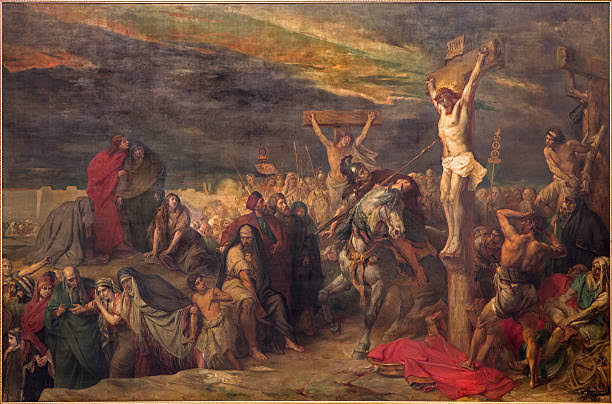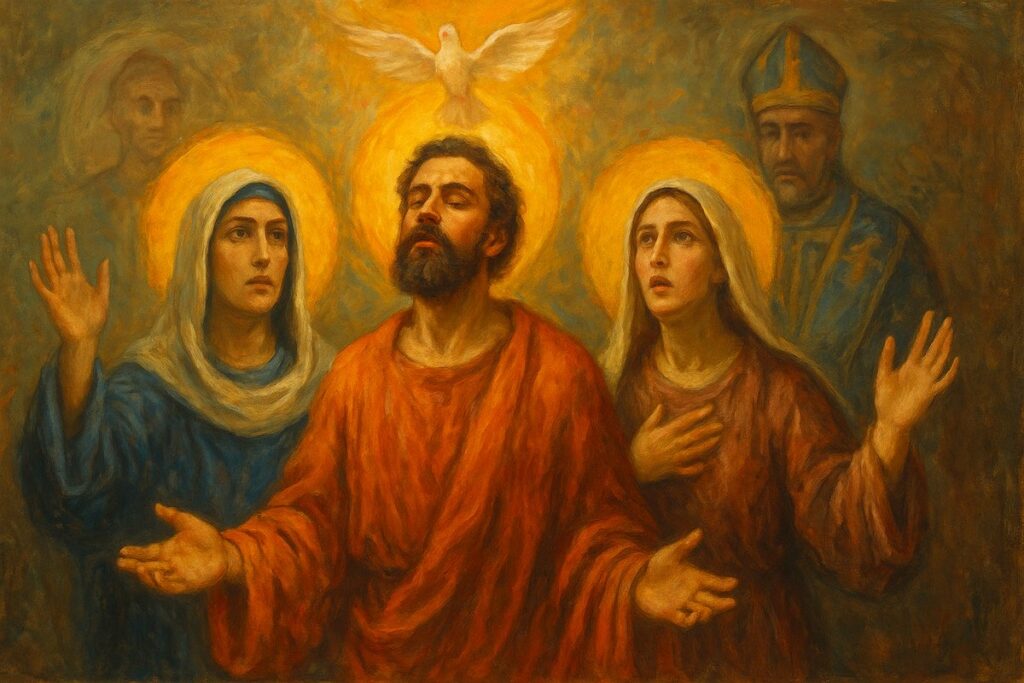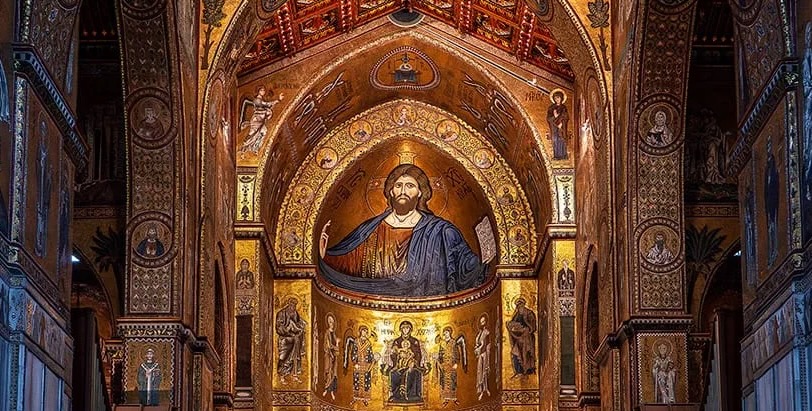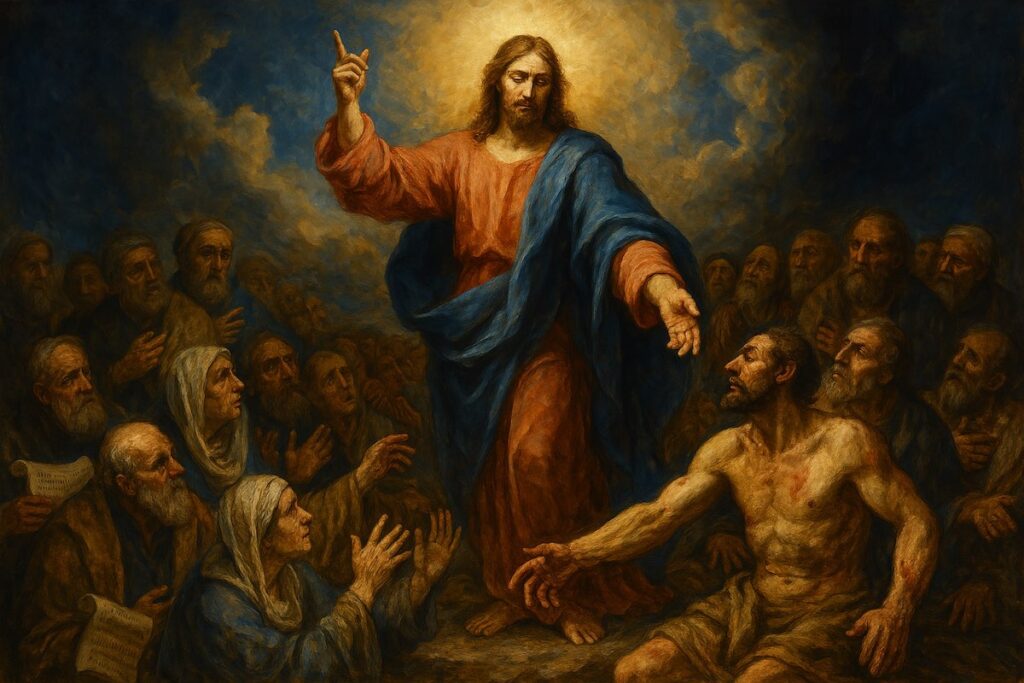Grasping at God: Why We Must Let Go and Let Grace In
In that strange and sobering tale from the First Book of Samuel, the Ark of the Covenant is returned to the Israelites after wreaking havoc among the Philistines. It had crushed Dagon, the god of grain and thunder, in his own temple—first knocking him face-down before the Ark, then shattering his head and hands on […]
Grasping at God: Why We Must Let Go and Let Grace In Read More »

